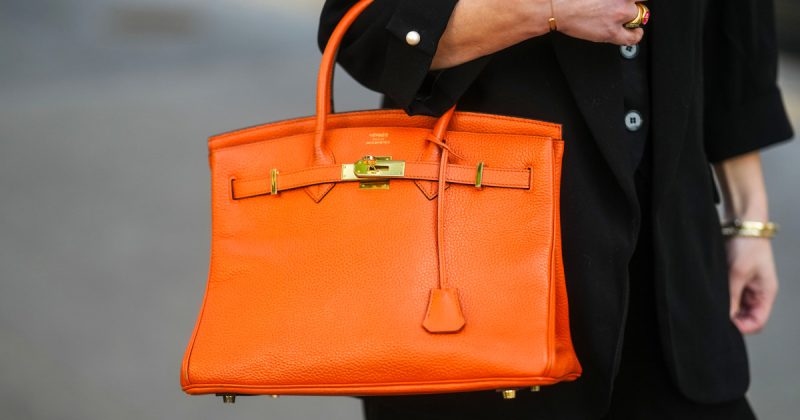
Luxury goods giant Hermès announced it will be increasing prices on its iconic bags and scarves in the US, effective May 1st. This price hike directly addresses the 10% tariff imposed by the Trump administration earlier in April. The company’s CFO, Eric du Halgouët, confirmed the move during a recent analyst call following the release of their first-quarter results. He stated that the increase specifically targets the US market to completely offset the impact of these new tariffs; prices in other regions will remain unchanged.
Hermès, recently surpassing LVMH as the world’s largest luxury goods company by market capitalization, is renowned for its highly sought-after Birkin and Kelly handbags, as well as its distinctive silk scarves. The impact of these price increases will undoubtedly be felt by American consumers, adding to the growing cost of goods impacted by the ongoing trade disputes.
The news comes as the US is experiencing a broader increase in prices across various sectors, including electronics, clothing, automobiles, and even housing. The tariffs are expected to significantly impact consumer spending, leading to concerns about potential economic slowdown.
Despite the price increase, Hermès reported strong first-quarter results, showing an 11% sales growth in the Americas, although overall growth was slightly lower than anticipated at 7% on a constant currency basis. This represents a decrease from the 17.6% growth seen in the fourth quarter of 2024. Analysts remain optimistic about Hermès’ overall performance, citing the robust nature of the results and the company’s ability to absorb increased costs by passing them on to consumers.
This situation highlights the ongoing tension in global trade and the ripple effect of tariffs on even the most exclusive luxury brands. While luxury brands are often better positioned to absorb such costs due to their high-spending clientele, the broader economic climate and consumer sentiment still pose significant challenges. The luxury sector, while resilient, is not immune to the economic headwinds created by these trade policies.
Meanwhile, other luxury brands, such as LVMH, have reported less positive news, with a recent unexpected decline in first-quarter sales, signaling potential broader challenges for the industry. This situation underscores the complex interplay between global trade, economic conditions, and the luxury goods market.










